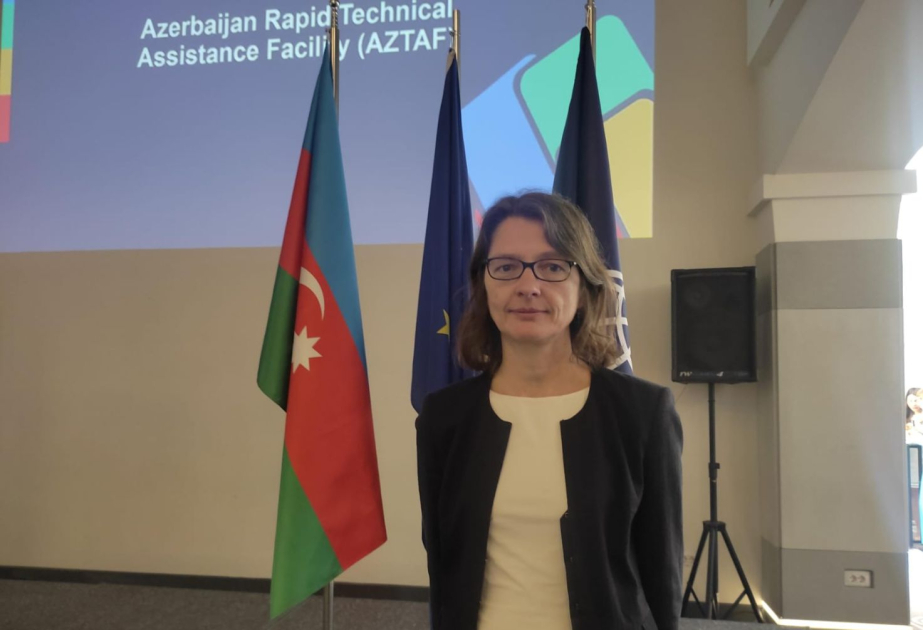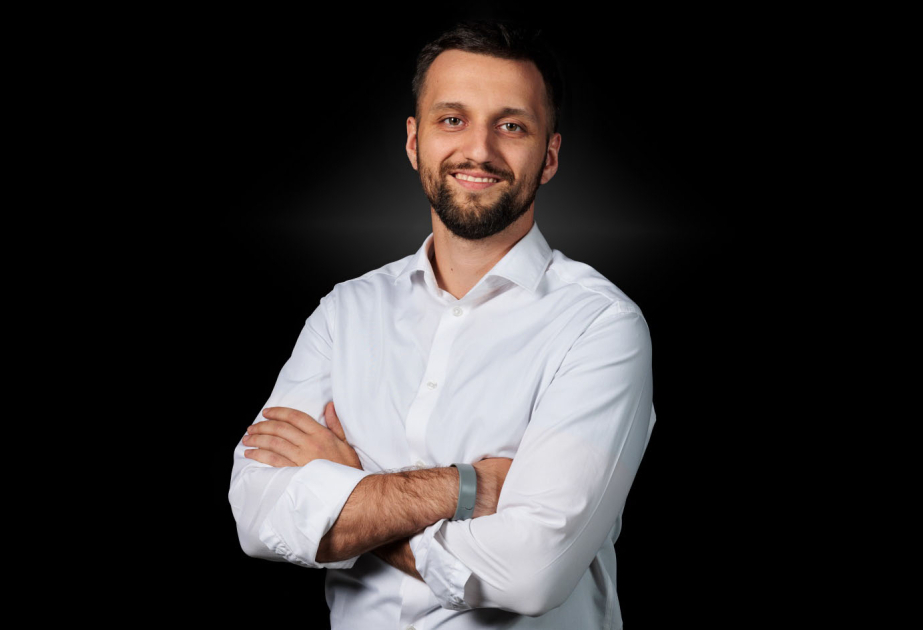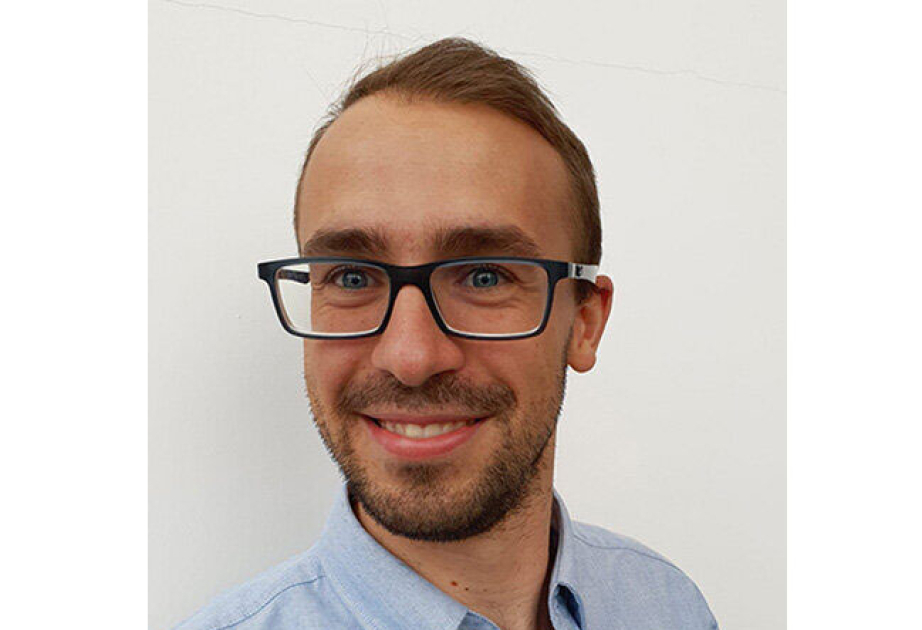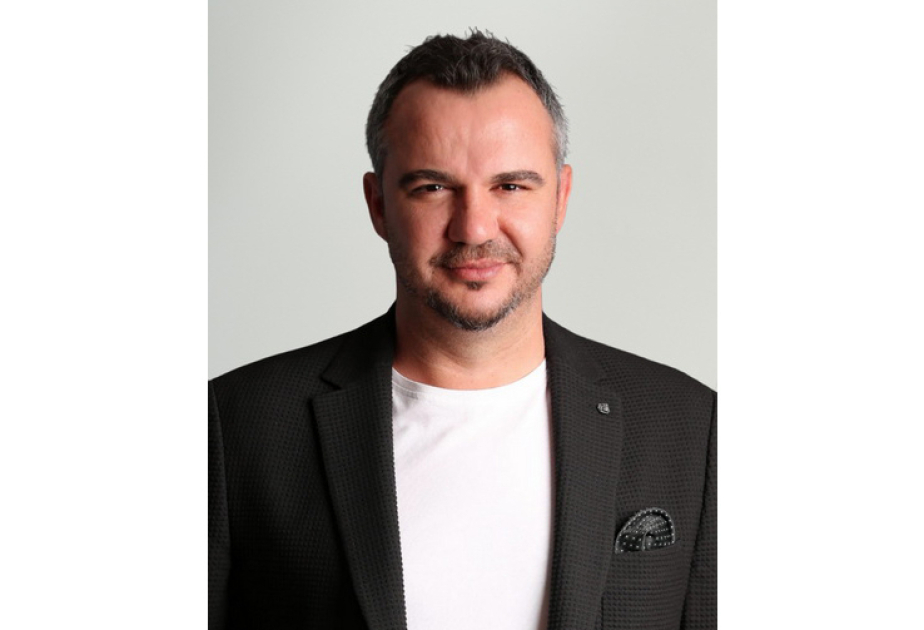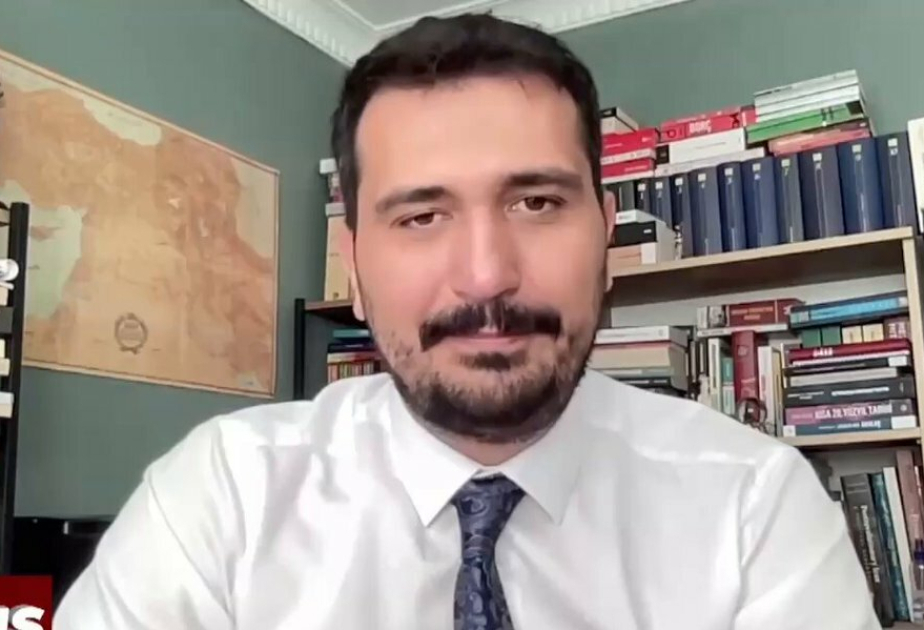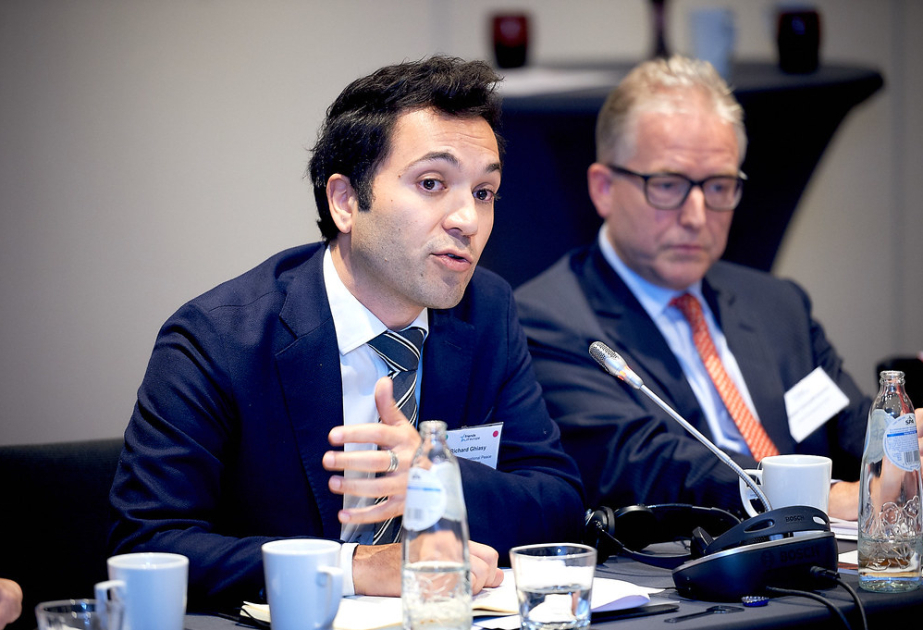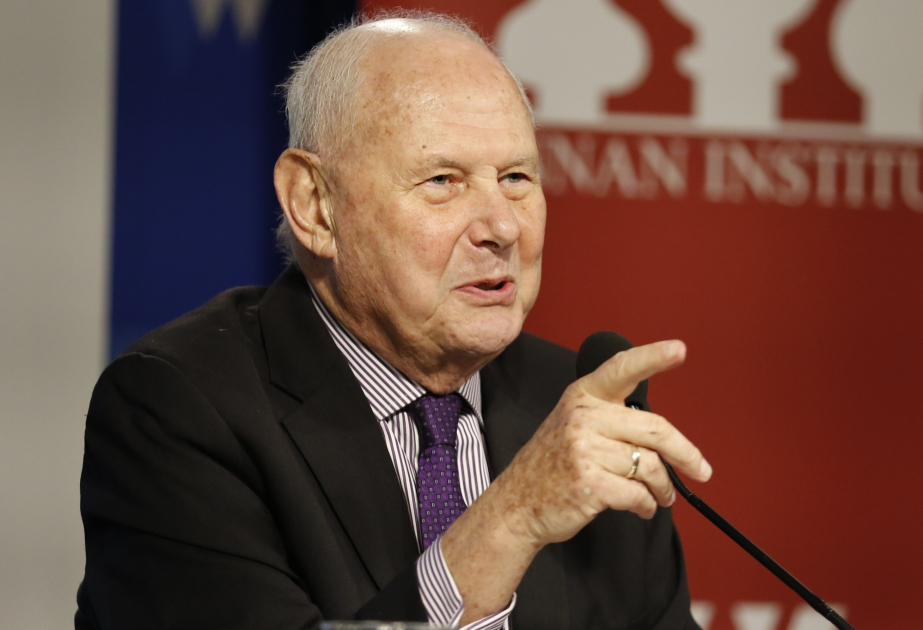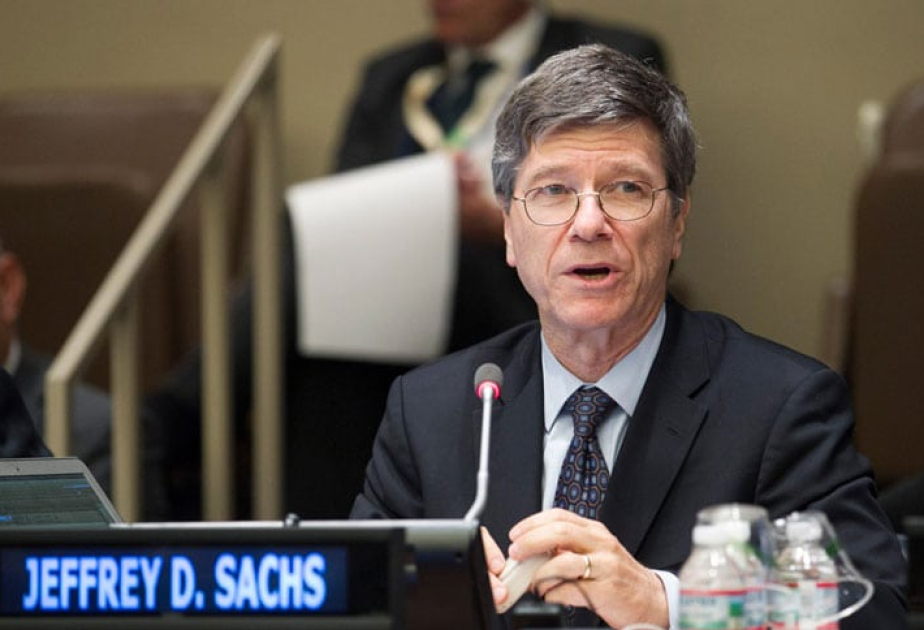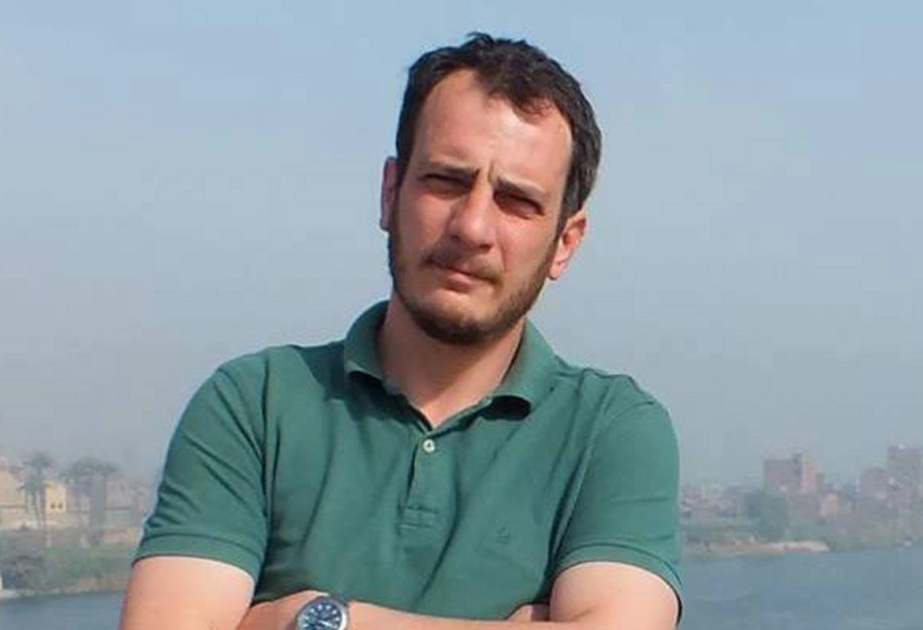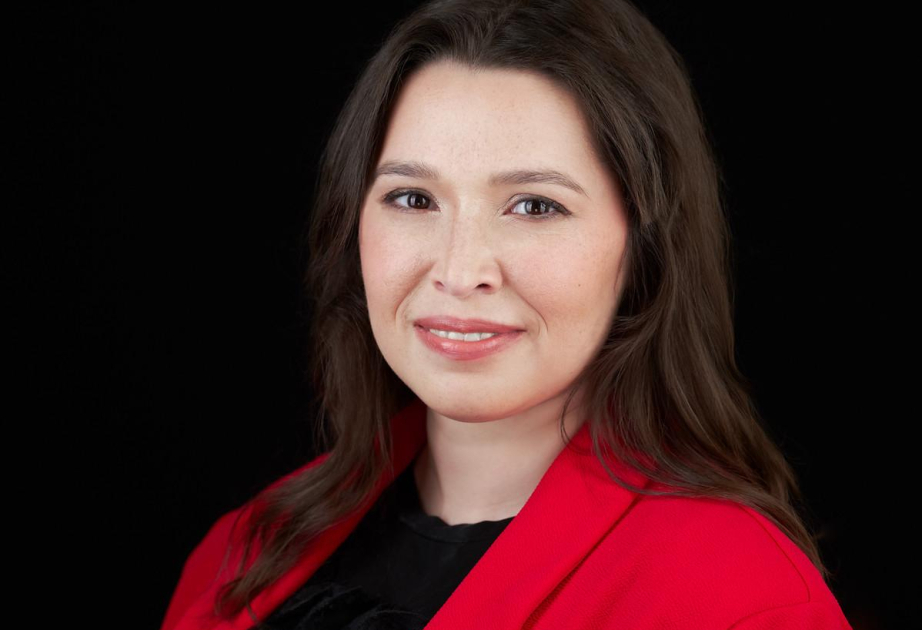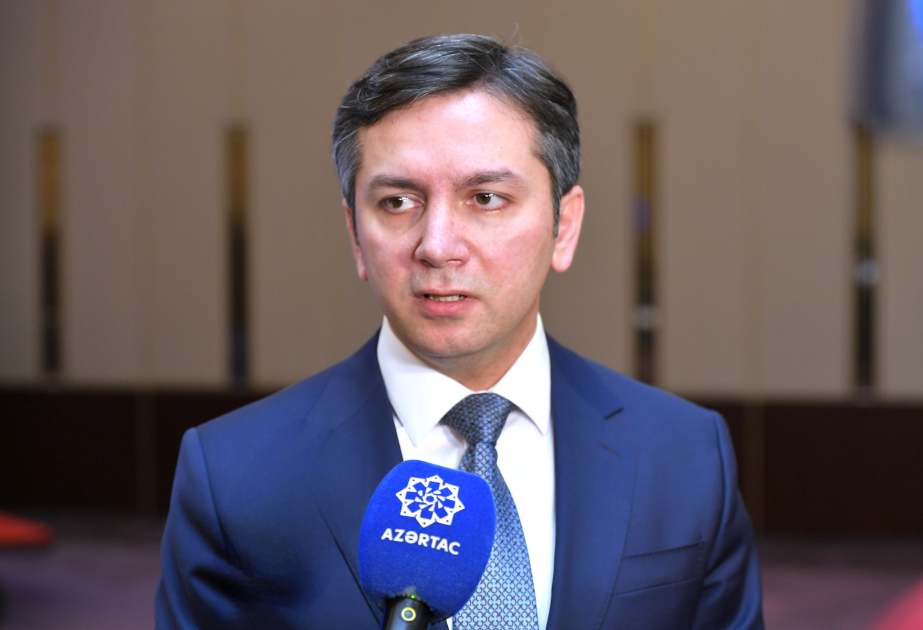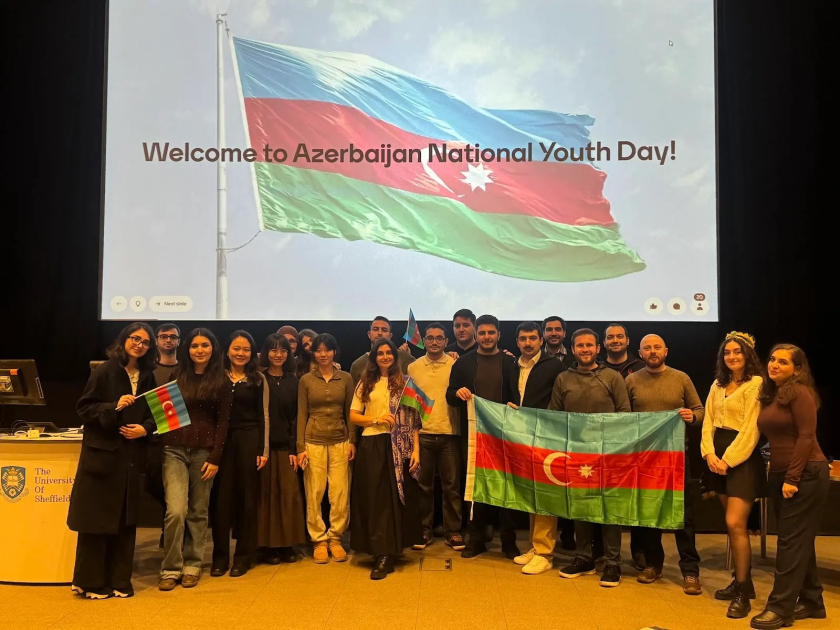Azerbaijan joined the World Bank in 1992 and the International Finance Corporation in 1995. Cooperation between Azerbaijan and the World Bank is based on the Country Strategy document for 2016-2020, which was approved by the World Bank's Board of Directors on June 21, 2015. Over the past 25 years, the World Bank has supported Azerbaijan in stabilizing its economy and implementing critical structural reforms. Currently, the World Bank’s program in Azerbaijan focuses on diversifying the economy and improving the delivery of high-quality, accessible, and efficient public services for the welfare of all citizens.
Regarding this topic, Stefanie Stallmeister, the World Bank's Country Manager for Azerbaijan, responded to AZERTAC’s questions.
- What are the priority areas of cooperation between Azerbaijan and World Bank for 2024-2028? When the partnership program is expected to be approved?
- Thank you very much for the opportunity to talk about the World Bank Group’s work in Azerbaijan. We are preparing the new Country Partnership Framework (CPF) with Azerbaijan that will outline our indicative program in the next five years. This document is being prepared in close consultation with the Government of Azerbaijan. Several considerations underpin our future program. First, and foremost, it is built on Azerbaijan’s own national development priorities and strategies. Another criterion is that we would like to address those country challenges that link to global challenges. The complex challenges require a strategic approach which will combine the World Bank Group’s financing and global knowledge. Also, as you may know the World Bank Group consists of five organizations. This new strategy will enhance collaboration among all branches of the World Bank Group, in particular, among the International Bank for Reconstruction and Development (IBRD), the International Finance Corporation (IFC), and the Multilateral Investment Guarantee Agency (MIGA). The new strategy will pursue two main objectives: increasing resilience and sustainability and increasing productivity and better job opportunities. We will strive to achieve these objectives by a mix of investment and technical assistance in the fields of renewable energy, mitigation and adaptation to climate change, strengthening employment services, and improving transport and digital connectivity. We plan to finalize the development of the strategy this fall when we will be able to provide you more details.
- How can WB support the transport sector of Azerbaijan, especially the effectiveness of its efforts within the framework of the development of the Middle Corridor, as well as the North-South Corridor?
- As you know, the World Bank has been supporting development of Azerbaijan’s transport sector since early 2000’s by investing in upgrading major highways and railways along transit corridors, but also helping to improve regional and local roads to connect people with markets and services. Just last week, I travelled to Salyan and Bilasuvar to visit our Regional Connectivity Development Project. I am glad that this project is not only about roads, but also about providing opportunities to harness vast the agricultural, trade, and services potential of this region. Similarly, the World Bank is committed to supporting the Middle Corridor, a multimodal rail and maritime corridor linking East and West via Central Asia and the Caucasus. Last year, World Bank completed a major study on this trade and transit route. Our new data shows that the Middle Corridor has a potential to reduce travel times by half and triple trade flows by 2030. It serves as a land bridge between China and Europe, but also plays a crucial role as a regional corridor for countries like Azerbaijan, Georgia, and Kazakhstan. For example, our model projects a 37% increase in trade between Azerbaijan, Georgia, and Kazakhstan, and a 28% increase between these countries and the EU by 2030. Strengthening the corridor can invigorate regional trade. To achieve these goals, steps are needed to improve coordination, logistics, and digitalization. Critical investments in railways, intermodal facilities, and ports in Azerbaijan, Georgia, and Kazakhstan are essential. We work with governments, including the Government of Azerbaijan to provide both technical and financial assistance when requested.
- How can cooperation between Azerbaijan and WB on energy security impact diversification efforts in the region?
- One of the areas that the World Bank Group is working with the Government of Azerbaijan is preparation of the Scaling-up Renewable Energy Project, better known by its acronym – AZURE. This project will help to strengthen Azerbaijan’s power grid so that it is able to carry increased quantities of electricity generated by new renewable energy. Also, IBRD, IFC, and MIGA hope to work together in very promising areas such as low-carbon transition or methane reduction. This can be in the form of financing or advisory work or combination of both.
Unleashing Azerbaijan’s huge renewable energy potential opens new growth prospects for the country. It can generate new export opportunities, new productive jobs, global and regional integration, and boosting new sectors of the economy. All these are stipulated in Azerbaijan’s National Priorities for 2030.
- What are your expectations from COP29, which will be held in Baku in November of this year? How will WB support Azerbaijan for the success of COP29? How can the bank help the country achieve its goal of reducing greenhouse gas emissions by 2030?
- COP29 is a landmark event for the international community to come together devise strategies and action plans for mitigation and adaptation to climate change. We appreciate Azerbaijan’s strong commitment to the climate change agenda and leadership it is showing in achieving global consensus on critical issues. We also commend Azerbaijan’s determination to take national-level actions to address important climate-related challenges. And, yes, COP29 is an important event for the World Bank Group, as an institution that helps countries to take climate action and tackle consequences of the climate change. As you know, the World Bank Group has committed to provide $25 billion annually for projects to reduce greenhouse gas emissions and promote climate resilience. We also plan to increase the share of climate finance in our total financing.
At COP29 in Baku we will reconfirm our commitment. Regarding projects in Azerbaijan, I already mentioned the AZURE project and other potential initiatives to reduce greenhouse gas emissions to help Azerbaijan to achieve its climate-related commitments. We are also exploring other areas for cooperation, for example, to develop a joint project to better use water for irrigation and apply climate-smart methods in agriculture.
- What assistance can WB provide in investing in the Azerbaijan-EU Green Corridor project?
- We are currently financing a feasibility study for Georgia and Black Sea section of this regional initiative. And we know that the Government of Azerbaijan is conducting feasibility study for its territory and working with other countries of the broader region to make this undertaking a viable international effort. The World Bank Group stands ready to support Azerbaijan and countries in the region in implementing this project if they decide to apply to us.
- What areas of cooperation between Azerbaijan and WB could be deepened in your opinion?
- Since Azerbaijan jointed the World Bank in 1992, we have been a trusted partner. We are delighted to have been able to contribute to Azerbaijan’s remarkable economic growth and poverty reduction achievements. The country now is facing new challenges, and these new challenges require new approaches. Azerbaijan’s new growth model will need to be driven by a dynamic non-energy private sector. The changing skills needs of the private sector will need to be met by investing and building a competitive human capital base. The role of the state will need to change from an active investor and participant in the economy to ensuring macroeconomic and financial stability, investing in human capital, and easing constraints for the private sector. As a long-term partner of Azerbaijan, the World Bank Group is committed to helping Azerbaijan to successfully implement this important transition.


